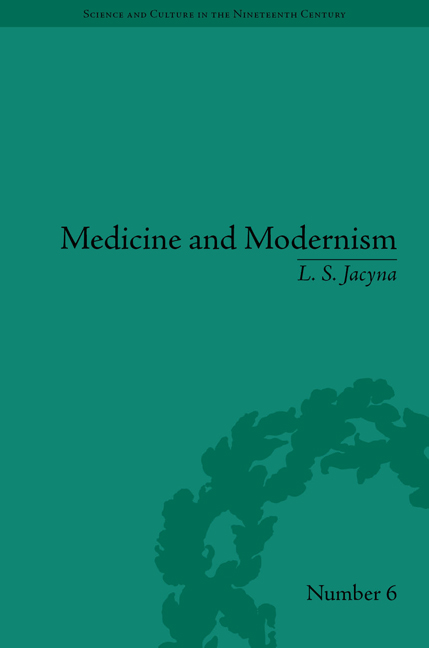1 - The Making of a Neurologist
from Part 1
Summary
On 7 November 1926 Henry Head, MD, FRS, set out to write an autobiography. By this date Head was an eminent metropolitan physician who combined an appointment at the London Hospital with a private practice in Harley Street. His special interest was in the diseases of the nervous system, including such ‘functional’ disorders as hysteria and neurasthenia. He combined his clinical work with scientific investigations into the workings of the brain and nerves. In recognition of these researches Head had been nominated four times for the Nobel Prize in Medicine and Physiology. 1926 had seen the publication of Head's monumental two-volume study of Aphasia and Kindred Disorders, a work that was widely recognized as marking an epoch in the study of the subject. Head's devotion to science was matched by an enthusiasm for literature, music and the plastic arts. He was an authority on the poetry of Heinrich Heine and had published a volume of his own verse. For more than twenty years Head had been together with his wife Ruth née Mayhew, a relationship that by all accounts was exceptionally happy and enriching to both partners.
By November 1926 Head was also in the grip of Parkinson's disease. This affliction was to end his active career and force him into premature retirement. For the final fourteen years of his life, Head's exceptionally active mind was imprisoned in an ever more infirm and recalcitrant body. As a neurologist, Head knew better than any the nature of his condition and its likely prognosis. It seems plausible that a realization that his life had in a sense already come to an end was what led Henry to put down some recollections of his early life. These autobiographical notes are among the few typewritten items in the Head archive and had presumably been dictated to a secretary. By the time the document was composed, Head was unable to use a pen and relied on others to record his words.
Childhood
Henry Head was born on 4 August 1861 at 6 Park Road in Stoke Newington, London. His father was to recall: ‘you came into the world at 20 minutes to midnight after a very long and anxious day’.
- Type
- Chapter
- Information
- Medicine and ModernismA Biography of Henry Head, pp. 11 - 54Publisher: Pickering & ChattoFirst published in: 2014

